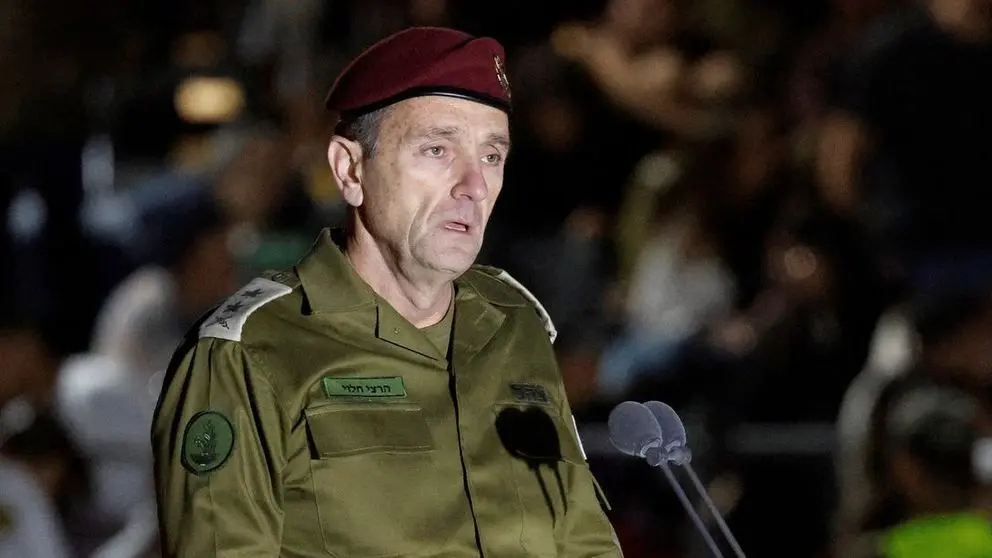
Israeli Army Chief Resigns Over Hamas Attack And Gaza War Failures
Halevi acknowledged the military's shortcomings, particularly its failure to anticipate the Hamas attack, which escalated into a prolonged Gaza war. He called the army's recent achievements a fitting moment to step down.
The resignation comes two days after a new agreement was reached between Israel and Hamas, brokered by the U.S. and other mediators. This agreement, termed a“ceasefire” by international parties and a“hostage release framework” by Israel, aims to de-escalate the conflict in Gaza.
Under the agreement, Israel began withdrawing its military from densely populated areas in Gaza. Simultaneously, three Israeli female hostages were exchanged for 95 Palestinian prisoners, marking the initial phase of the deal, expected to last six weeks.
General Halevi's resignation follows tensions with Defense Minister Yisrael Katz and public disagreements over military accountability. Katz had demanded a comprehensive report on military operations by January's end, sparking disputes between the Defense Ministry and Halevi's office.
Several other senior military officials, including Military Intelligence Chief Aharon Haliva and Internal Security Chief Ronen Bar, have also announced plans to step down, citing intelligence failures leading to the Hamas attack. These resignations highlight a broader shake-up within Israel's security establishment.
Halevi, who assumed his position in January 2023, had repeatedly taken responsibility for the October 7 intelligence lapses and pledged to resign once the war concluded. His deputy also recently announced he would not seek the Chief of Staff position.
Despite mounting calls from the opposition and public for an independent commission to investigate the intelligence failures, Prime Minister Benjamin Netanyahu has resisted, instead proposing a limited inquiry. Critics blame Netanyahu's administration for the war and its fallout.
The Gaza conflict has left deep scars, with significant destruction in Gaza and over 46,000 Palestinian casualties reported. While Israel continues counter-terrorism operations in areas like Jenin, questions about accountability, leadership, and future security remain central to the national discourse. Halevi's resignation underscores the weight of these issues as Israel grapples with its recent past and plans for the future.
ShareFacebook Twitter WhatsApp Email Print Telegram
Legal Disclaimer:
MENAFN provides the
information “as is” without warranty of any kind. We do not accept
any responsibility or liability for the accuracy, content, images,
videos, licenses, completeness, legality, or reliability of the information
contained in this article. If you have any complaints or copyright
issues related to this article, kindly contact the provider above.


















Comments
No comment